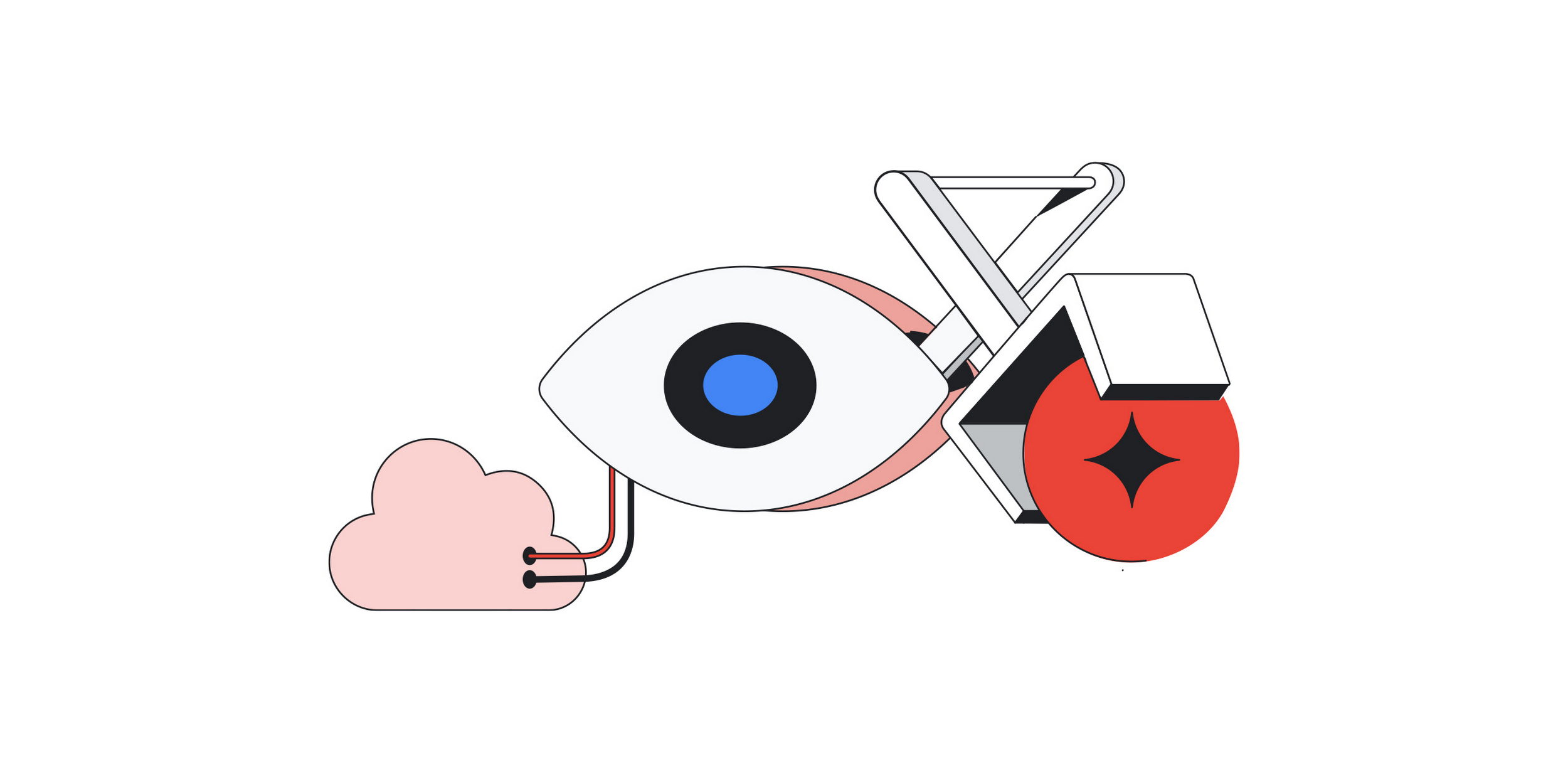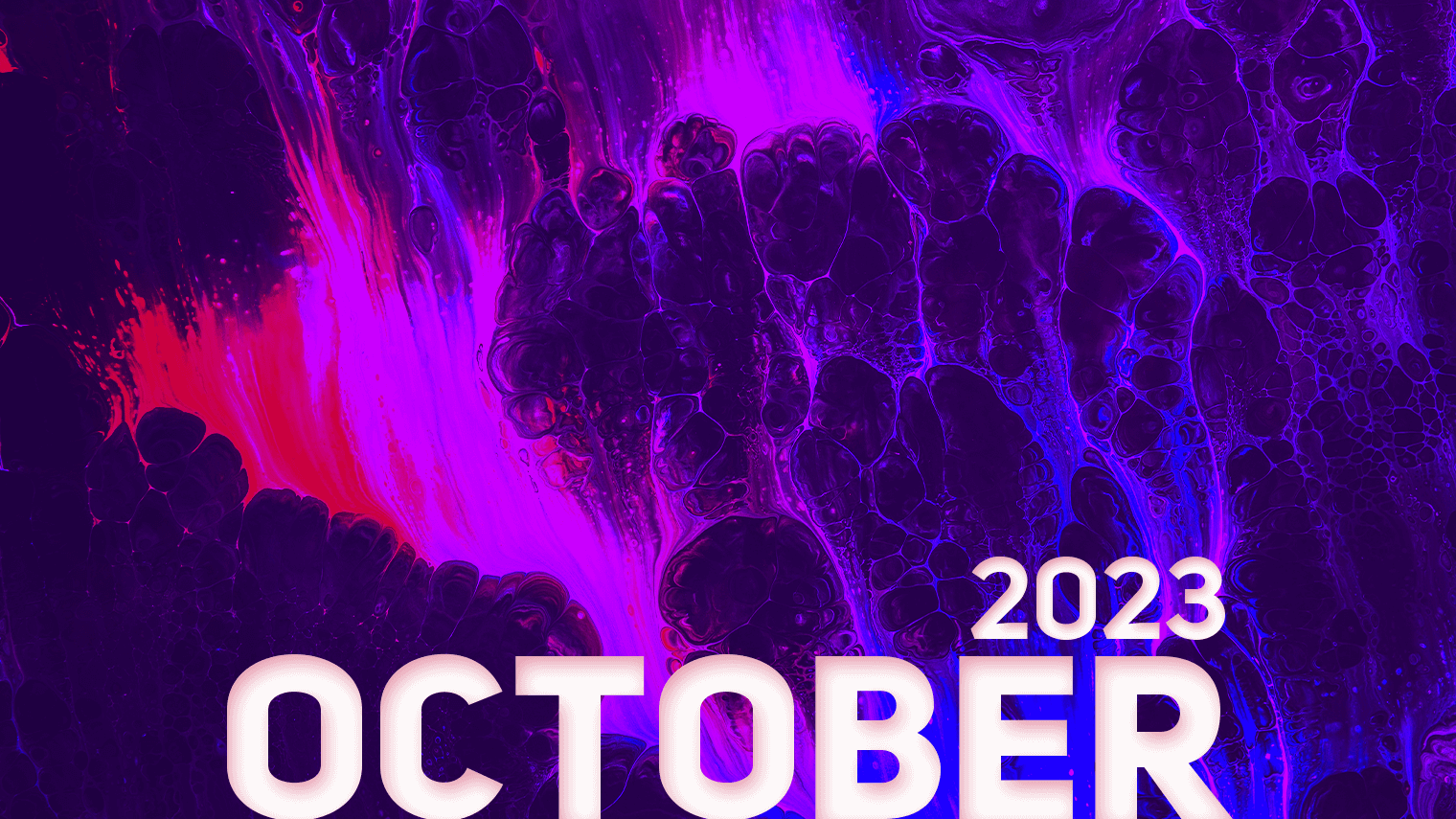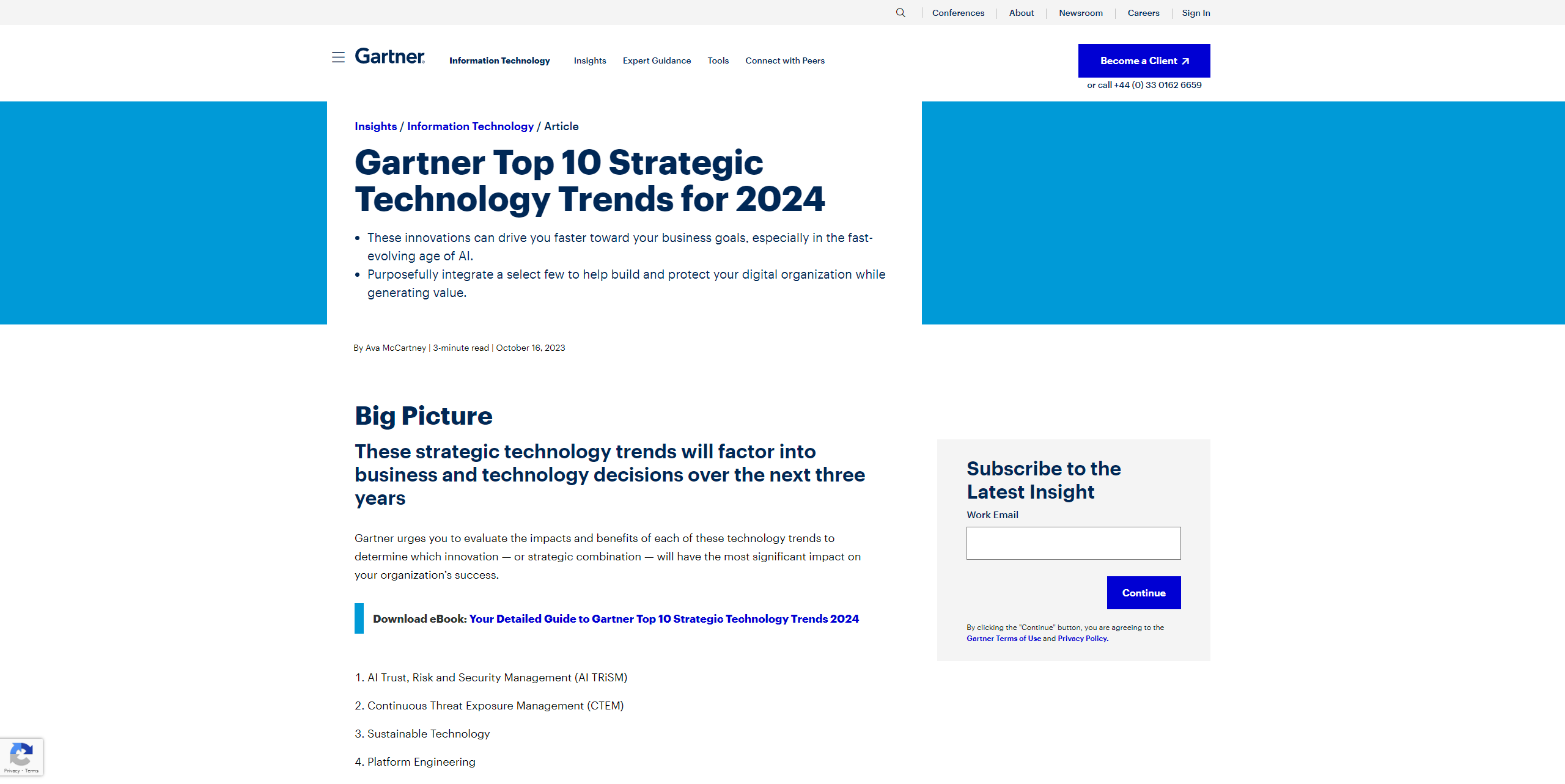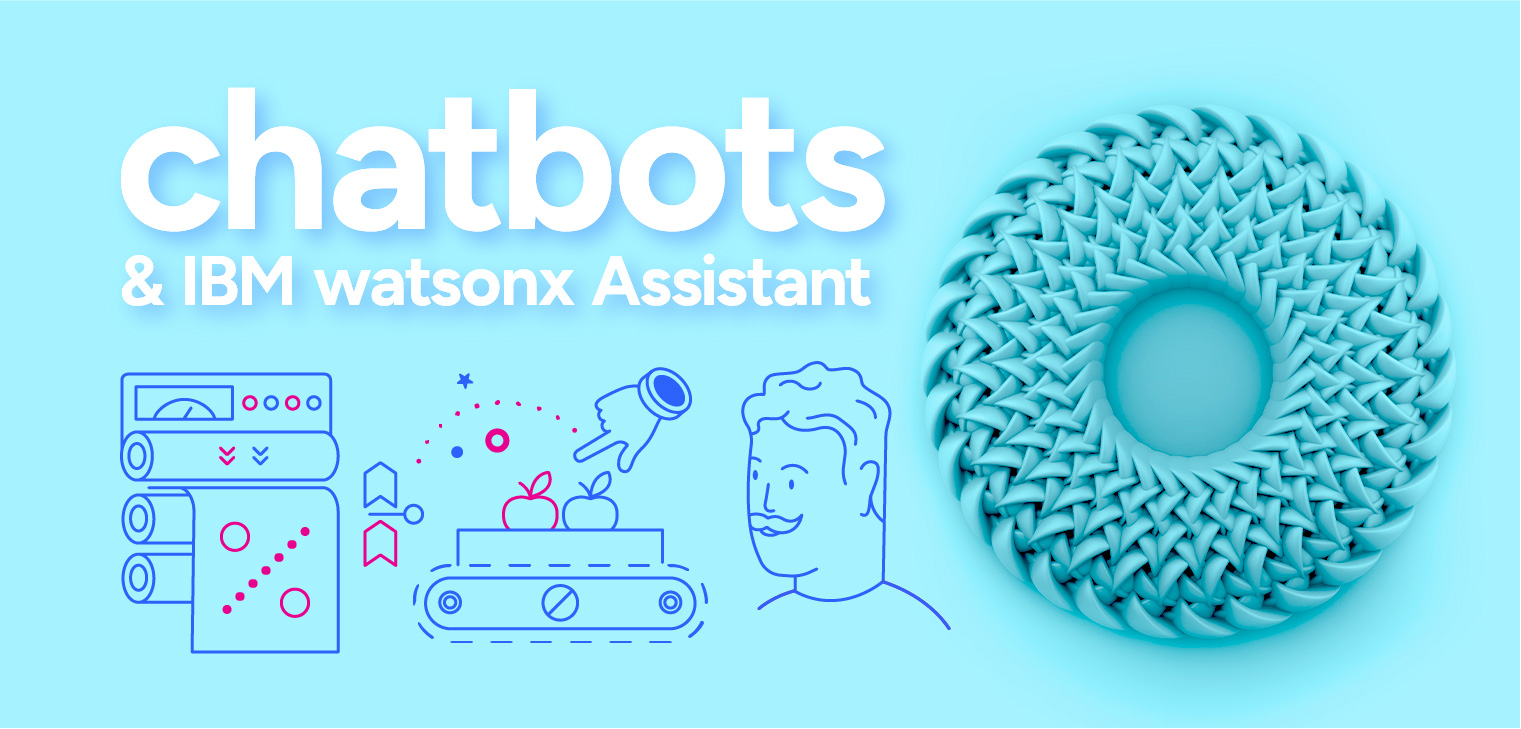🧠 Following a trend from our previous edition, we kick off things with some insights by Gartner. The famous technological research and consulting firm has shared its predictions on what’s to come in 2024 for strategic technology trends in the next year:
These strategic technology trends will factor into business and technology decisions over the next three years. Gartner urges you to evaluate the impacts and benefits of each of these technology trends to determine which innovation — or strategic combination — will have the most significant impact on your organization’s success. Ava McCartney
GARTNER
Trust in AI tools like ChatGPT is high among Gen Z — but Gen X and boomers aren't convinced, study finds
Most Gen Xers and boomers in a Salesforce study reported not using generative-AI tools.Read the article onbusinessinsider.com🤔 Do you trust AI? According to findings by SalesForce, the level of your scepticism can be tied to age, as “older adults” are not so convinced by ChatGPT:
Gen Zers are using generative-AI tools such as ChatGPT to automate their jobs and boost their creativity. Gen Xers and baby boomers, on the other hand, are a bit more skeptical about the technology, recent Salesforce research suggested. In August, the San Francisco cloud giant surveyed 4,041 people ages 18 and up across the US, UK, Australia, and India to see how people of different ages used tools powered by generative artificial intelligence. In the study, 49% of respondents said they used generative AI — researchers labeled this cohort a “young, engaged, and confident” group of “super-users” using the technology “frequently” and believing “they are well on their way to mastering it.” Aaron Mok
BUSINESS INSIDER

Google's new PaLI-3 vision language model achieves performance of 10x larger models
Researchers at Google Research and Google DeepMind introduce PaLI-3.Read the article onthe-decoder.comGoogle Research, in cooperation with DeepMind, present PaLI-3 – a Vison Language Model with 5 billion parameters that process images and language:
PaLI-3, a 5-billion-parameter vision language model (VLM) that can process images and language, has outperformed models ten times larger in several multimodal benchmarks, according to the research team. VLMs can answer questions about images, describe videos, recognize objects, or read text on images. OpenAI offers such a VLM with GPT-4-Vision, and companies like Nvidia also see VLMs as an important building block for future industrial AI applications.PaLI-3 competes with larger VLMs on multimodal benchmarks and can answer questions about video. Maximilian Schreiner
THE DECODER

I-generated phishing emails are closing in on human effectiveness, IBM study reveals
An IBM research team is studying how effective generative AI is at social engineering.Read the article onthe-decoder.comHow good is generative AI at social engineering and crafting phishing emails? According to the investigation by an IBM research team, it turns out that it’s worryingly good:
The AI- and human-generated phishing emails were then sent to over 800 employees in an A/B test. The results showed that the AI-generated phishing emails were only slightly behind the human-generated phishing emails.The fact that the human emails still had an edge, according to IBM, was because they were more customized and personalized to the company, while ChatGPT took a more generic approach. Still, ChatGPT’s email attacks were nearly equal to the human attacks, although they were reported as suspicious more often. (…)IBM researchers point to tools such as WormGPT, LLMs optimized for cyberattacks that can be purchased online. They expect AI attacks to become more sophisticated and surpass human attacks, although they have not yet seen generative AI phishing attacks themselves. Matthias Bastian
THE DECODER

Shared fate: Protecting customers with generative AI indemnification
Google Cloud assumes responsibility for potential legal risks of using their generative AI.Read the article oncloud.google.comGoogle has joined Adobe and Microsoft in legal indemnity for Gen AI – this might be another great step towards gaining more trust in AI by the tech industry. Legal complexities are still a grey area for Gen AI, and Google’s approach might take it out of it:
At Google Cloud, we put your interests first. This means that when you choose to work with us, we become partners on a journey of shared innovation, shared support, and shared fate. We are committed to helping you evolve as technology advances, drawing on our depth of experience to ensure you can use the latest and best technology, while keeping you safe and protected. When it comes to the rapidly developing world of generative AI, this is imperative. If you are challenged on copyright grounds, we will assume responsibility for the potential legal risks involved. Neal Suggs & Phil Venables
GOOGLE CLOUD




